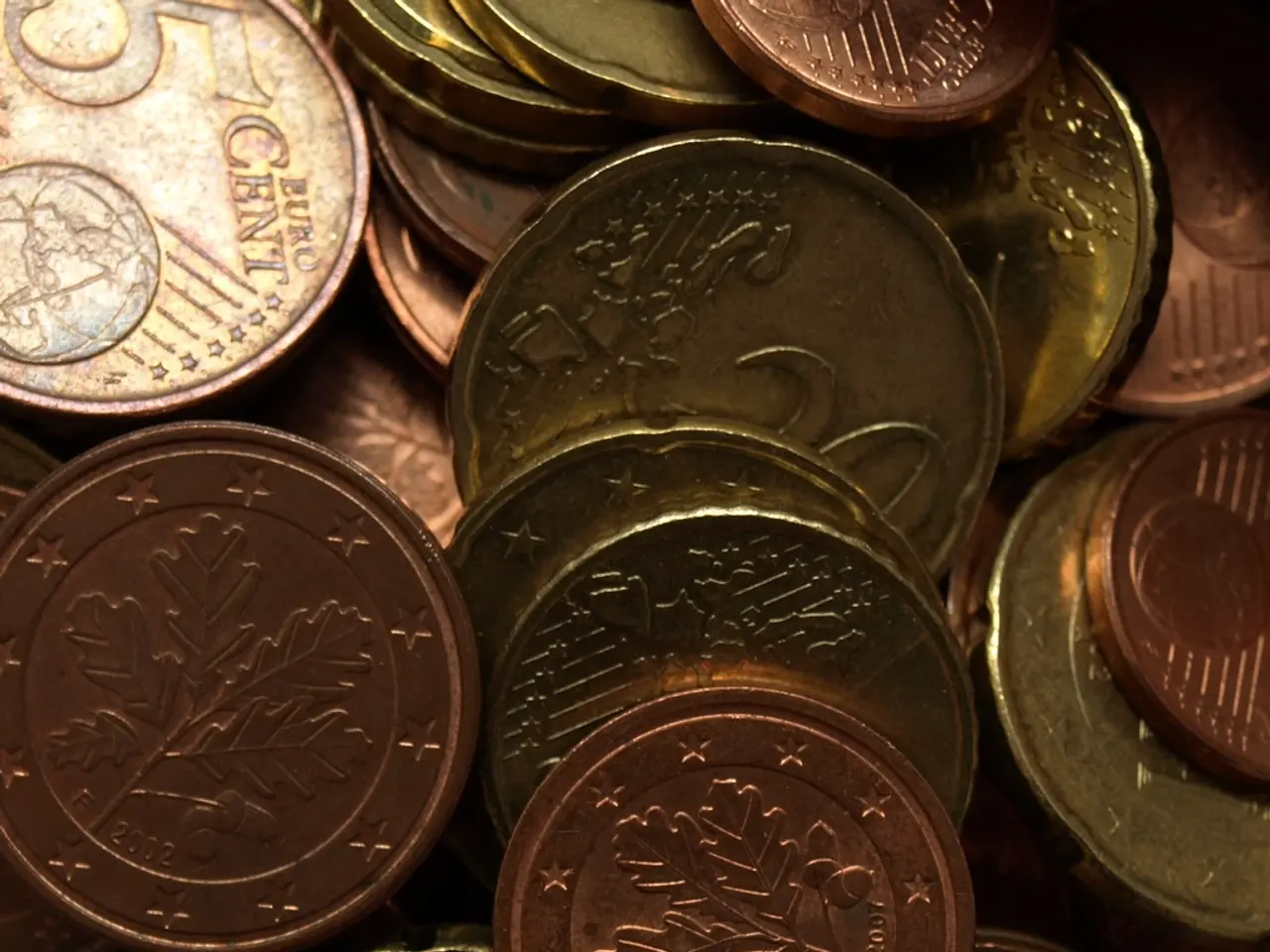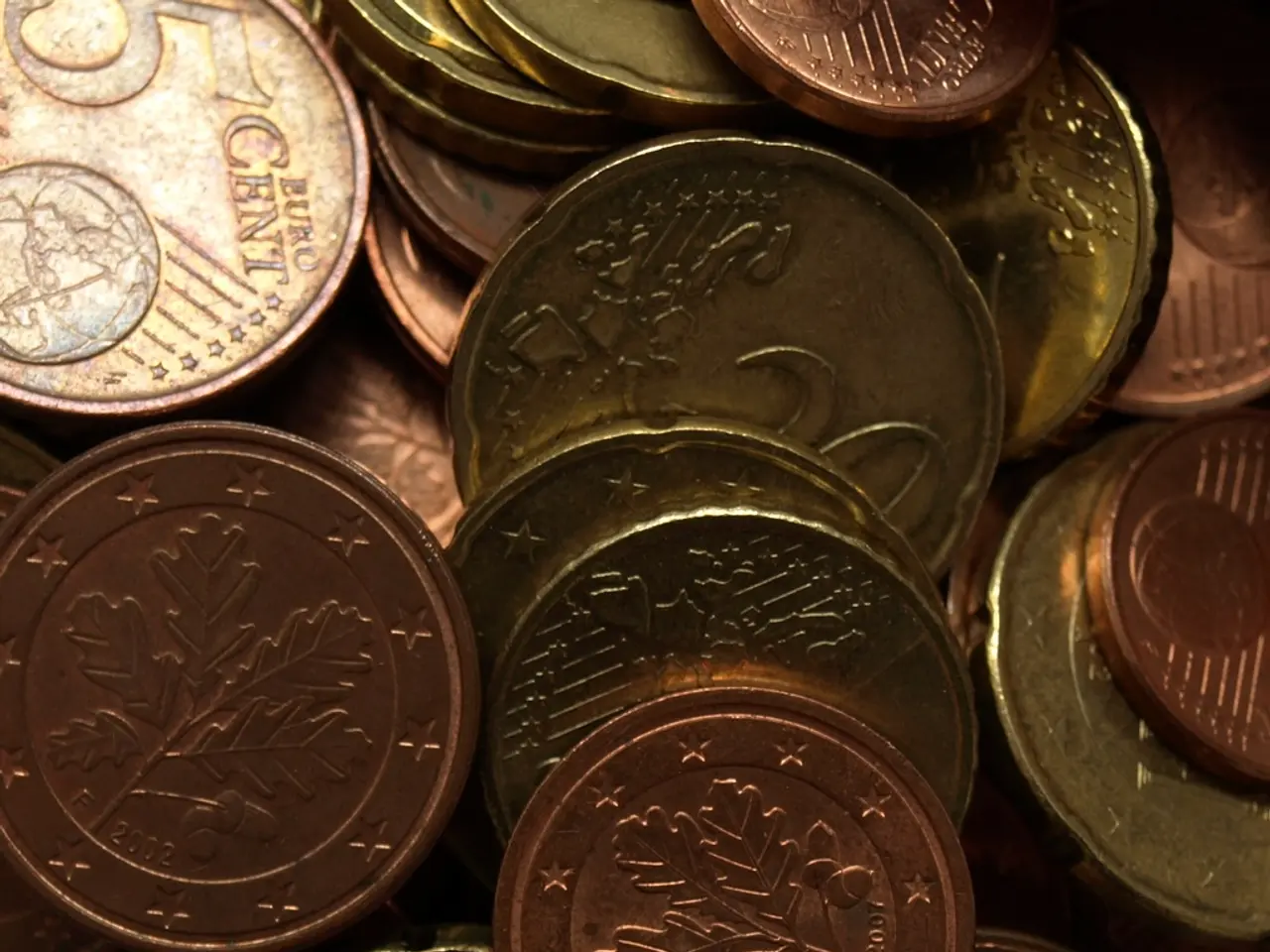Demand for Matcha Exceeds Japanese Farm Capabilities
========================================================================
The demand for matcha, the finely ground powdered green tea, has surged significantly in recent years, but the global market is facing serious supply constraints. This perfect storm of challenges includes climate change, extreme weather, new tariffs, and a shrinking pool of tea farmers.
Demand on the Rise
The surge in demand can be attributed to a decade of wellness culture, food service trends, and viral social media sensations. Health-conscious consumers, digital natives, and even tourists have fueled this demand, with platforms like TikTok showcasing prestigious Japanese brands such as Marukyu Koyamaen. This unprecedented interest has led to price increases, with some matcha prices more than doubling between 2024 and 2025.
Climate Impacts and Shrinking Supply
In Japan, extreme heat and dry conditions during 2025 caused significant damage to tea crops, particularly in Kyoto, a key traditional matcha-producing region. The climate stress, combined with a shortage of tea farmers, has resulted in a substantial supply shortfall.
Economic Factors Exacerbating the Crisis
New 15% tariffs on Japanese tea imports, including matcha destined for the US market, have added to the cost rises, putting further strain on availability and affordability, especially for cafes and global retailers dependent on authentic Japanese matcha.
Adapting to the Challenges
Kyoto-based Masakazu Morii, a fourth-generation tea farmer, has noticed the rise in demand for matcha and has had to raise prices due to limited supply. To cope with the situation, the Morii family opted for a high-quality electric mill, as bookings for stone mills became scarce. They are also adapting to climate change by using special tea fans and covering fields with sheets to protect their crops from extreme weather.
The Japanese Ministry of Agriculture is offering subsidies to tea factories looking to convert to tencha production, the precursor to matcha, to increase supply. However, the conversion process can cost millions of dollars and requires small businesses to take out large loans.
The Future of Matcha
Despite the challenges, there's room for demand to be met elsewhere using safe practices and quality crops, rather than shortcuts like adding coloring agents to mimic premium matcha's signature green hue. The most coveted matcha is "ceremonial" matcha, equated with "premium" by industry experts.
Entrepreneurs like Claudia Boyer, London-based founder of JENKI Matcha, have seized the opportunity, launching successful matcha chains and expanding their businesses. Wholesale prices for matcha have risen significantly, with Miro Tea founder Jeannie Liu experiencing a 250% increase in the price she pays for Uji matcha.
The matcha rush has led to substantial price variations for local and global tea vendors, with some offering low-quality matcha at inflated prices. It's crucial for consumers to be mindful of the source and quality of their matcha to ensure they're supporting sustainable and ethical practices.
As the matcha market continues to evolve, it's essential to remember its deep roots in Japanese culture and tea ceremonies grounded in Zen Buddhist philosophy. However, the mainstream use of matcha has sparked debates among Asian creators who argue that matcha has been detached from its Zen origins and that its history in China has been erased.
In conclusion, the global matcha shortage and the resulting market disruption are a complex interplay of climate, supply, and economic factors. As consumers, it's crucial to make informed decisions about the matcha we consume to support sustainable practices and preserve the cultural significance of this beloved tea.
- The surge in matcha demand, due to wellness culture, food service trends, and viral social media, has led to a rise in prices for the premium ceremonial matcha, echoing the importance of this tea in Japanese culture and art.
- In the UK, entrepreneurs like Claudia Boyer of JENKI Matcha have capitalized on the matcha rush by launching successful matcha businesses, which could be seen as a significant development in the intersection of sports and culture.
- As the matcha market evolves, concerns arise about the erasure of its roots in Zen Buddhist philosophy and the erosion of its cultural significance, prompting debates about its authenticity in contemporary culture and media, such as magazines and their coverage of sports and lifestyle topics.








